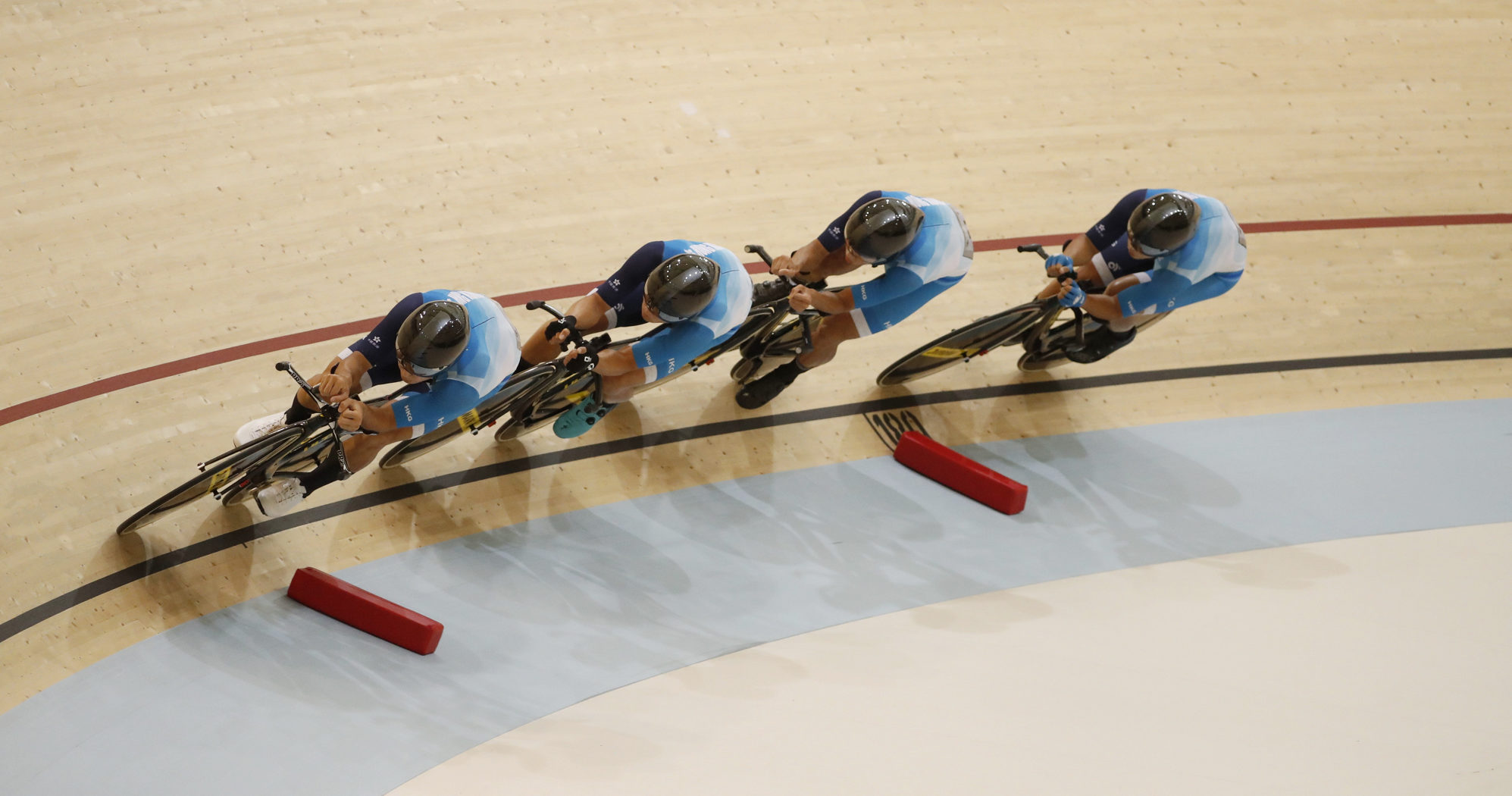In relation to the anti-doping rule violation occurred at the 2010 Hong Kong Bodybuilding Championships (‘the event’) on 6 June 2010, the Hong Kong Anti-Doping Committee (HKADC) would like to take the chance to clarify some of the misunderstandings that may have been circulated in various channels. More importantly, we would like to stress the importance of understanding and complying with the anti-doping regulations.
Mr. Ghale Durca Parsap (Sanu) (‘the athlete’), a Nepal bodybuilding athlete, participated at the 2010 Hong Kong Bodybuilding Championships and was awarded the 1st runner-up at the 75 kg and below category. The athlete and his supporters were extremely disappointed by the result and protested against it.
On the other hand, HKADC, being the testing authority of the event, had determined before commencement of the event that both the Champion and the 1st runner-up of this category and a few other categories would be requested for doping control right after the competition.
Following standard procedures, representatives of the Doping Control Team approached the athlete at the end of the prize giving ceremony and notified the athlete about the doping test. Despite the efforts of the doping control team in explaining to the athlete the possible serious consequences for refusal, the athlete still insisted to not provide a sample for doping control.
Result management was conducted according to the HKADC Anti-Doping Rules which has complied with the World Anti-Doping Code. It was determined that the athlete had violated the anti-doping rule and was sanctioned for 2-years of ineligibility.
Important facts
-
Selection criteria for which athletes to be tested were determined before commencement of the event. The selection criteria were confidential and only shared among members of the Doping Control team. Even the event organizer (Hong Kong China Bodybuilding and Fitness Association) had no access to it.
-
Mr. Ghale was requested for testing not because he and his supporters protested against the competition results. He was requested for a sample because he was the 1st runner-up of the category.
-
It was clearly stated in the athlete information sheet of the event that doping test would be conducted. All participants should have been psychologically prepared to undergo such doping test.
The incident is a tragedy for the athlete. The strong emotion of the athlete and his supporter after result announcement, however, cannot be used as an excuse to refuse doping test. It is extremely important for athletes to understand that anti-doping procedures are conducted on their behalf, to protect their right to doping-free sport. The cooperation of all athletes is essential for maintaining a doping-free competition environment.
